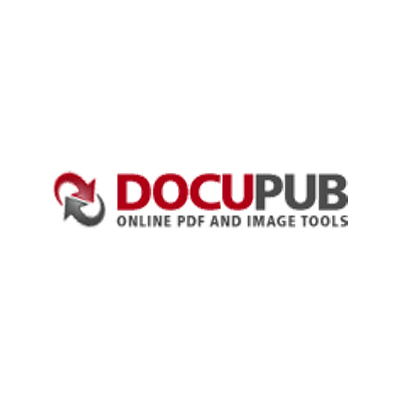Are you looking for a quick and easy way to convert PNG files to JPEG format? Look no further! Our website offers a variety of converters that can seamlessly convert your PNG files to high-quality JPEG images. PNG files are commonly used for graphics and images that require transparency or a lossless compression. However, there are certain situations where you may want to convert your PNG files to JPEG. One reason could be to reduce the file size, as JPEG compression can significantly reduce the size of the image without compromising too much on quality. This can be particularly useful when you want to upload or share images online, as smaller file sizes can help in faster loading times. Another reason could be compatibility, as JPEG is a widely supported file format across various platforms and devices. With our converters, you can easily convert PNG files to JPEG format with just a few clicks, saving you time and effort.




















PNG files, or Portable Network Graphics files, are a popular image file format used for lossless compression of raster images. They were created as a replacement for the outdated GIF format, with the primary goal of providing better image quality and transparency support. The PNG format uses a unique compression algorithm that preserves the original image quality while effectively reducing the file size. This makes PNG files ideal for web graphics and digital photography, as they retain a high level of detail and color accuracy. Additionally, PNG files support alpha channels, which allow for the creation of images with transparent backgrounds. This makes them particularly useful for design purposes, such as creating logos or icons that can be placed on various backgrounds seamlessly. Overall, PNG files are an essential component of web design and digital imaging, offering a versatile and efficient solution for storing and displaying high-quality graphics with transparency support.
JPEG files, also known as JPG files, are a commonly used image file format that is widely supported across various devices and platforms. Derived from the Joint Photographic Experts Group, JPEG files utilize a lossy compression algorithm to reduce file sizes while maintaining acceptable image quality. This compression technique allows for efficient storage and transmission of high-resolution digital images, making JPEG files ideal for use in websites, online platforms, and digital media. Due to their widespread compatibility and small file sizes, JPEG files are commonly used for storing photographs, graphics, and other visual content. When converting JPEG files, it is essential to consider the desired output format and the requirements of the target platform or device.